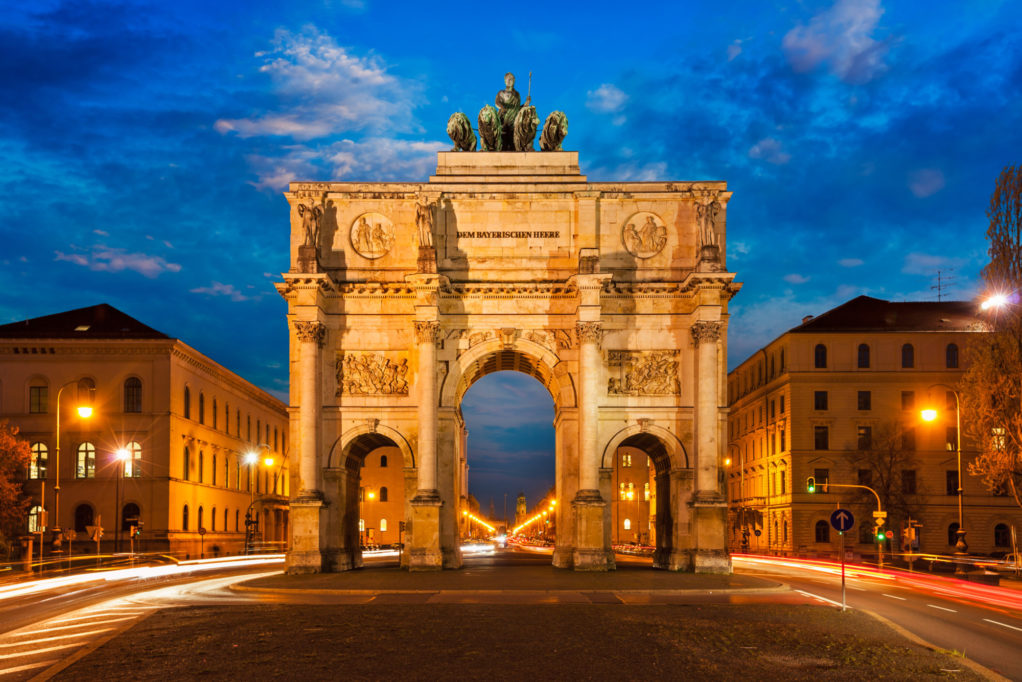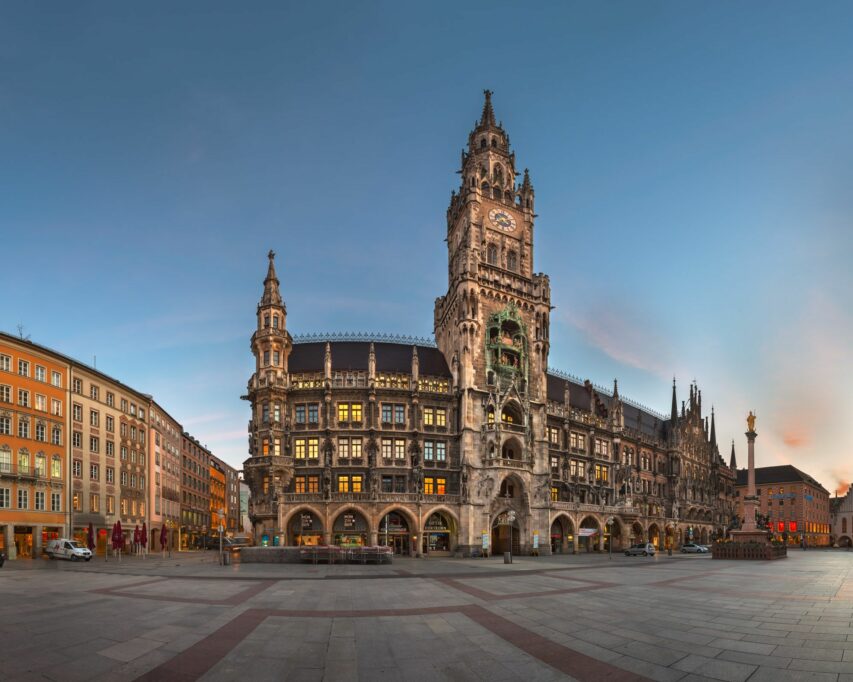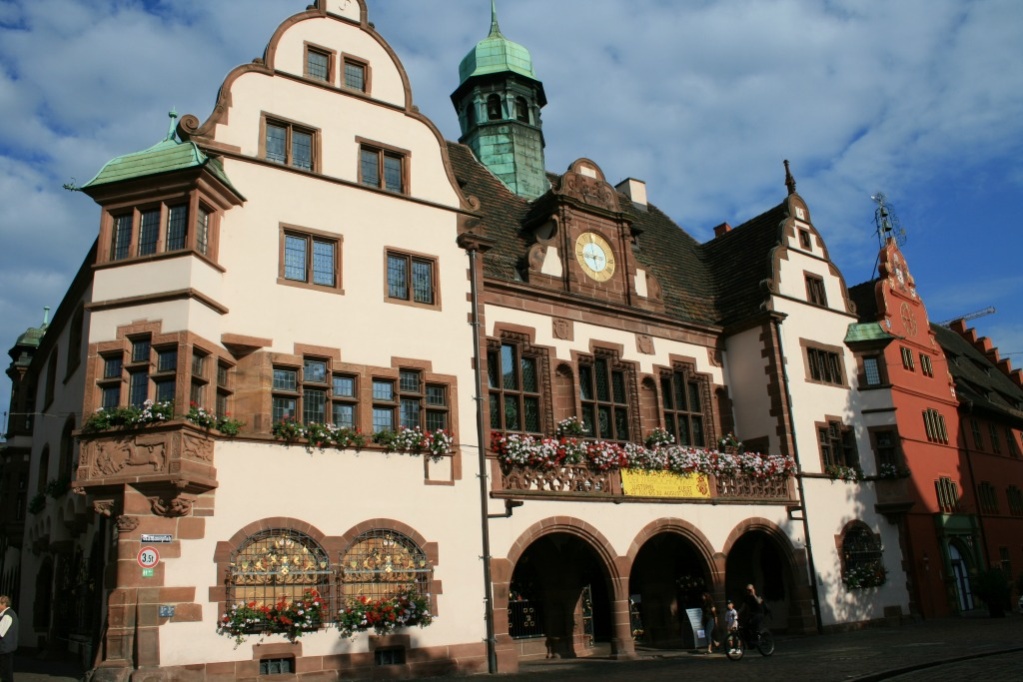GERMANY
TRAVEL GUIDE
Embark on an unforgettable journey through Germany, a land where rich history blends seamlessly with contemporary culture. This travel guide will lead you through the iconic landmarks of Berlin, the fairy-tale castles of Bavaria, and the scenic beauty of the Black Forest. Savor the diverse culinary delights, experience vibrant festivals, and explore charming medieval towns. From bustling cities to serene countryside, discover the best of Germany and create memories that will last a lifetime.
Germany Itineraries
Need To Know: How To Travel To Germany
Germany offers a unique blend of rich history, modern cities, and stunning landscapes. From the fairytale castles of Bavaria to Berlin’s vibrant arts scene, Germany is a destination for every traveler. Enjoy world-class museums, scenic countryside, and unforgettable cultural experiences in this safe and welcoming country.
Whether you need a visa to visit Germany depends on your nationality and travel purpose. Travelers from EU countries, the U.S., Canada, and Australia can enter visa-free for up to 90 days. However, other nationalities may need a Schengen visa. Check German embassy guidelines before traveling.
The currency of Germany is the Euro (€), which has been in use since January 1, 2002. It replaced the Deutsche Mark (DM) and is part of the Eurozone, comprising 19 of the 27 European Union member states. The Euro facilitates easier trade and travel within the region.
Germany can be affordable to visit, especially compared to other Western European countries. Budget travelers can find reasonably priced accommodations, public transportation, and dining options. While major cities like Munich and Berlin may be pricier, smaller towns and local eateries offer great value, making Germany a diverse travel destination.
Germany is generally a safe travel destination, known for its low crime rates and well-organized public transport. While cities like Berlin and Munich are bustling, staying aware of your surroundings enhances safety. Following basic precautions ensures a pleasant experience, allowing travelers to enjoy the country’s rich culture and heritage.
Read more here
Yes, you can drink the tap water in Germany. The country has stringent regulations ensuring high-quality drinking water. It comes from protected sources and is rigorously tested for safety. Many locals prefer tap water over bottled options, making it a safe and environmentally friendly choice during your visit.
Traditional German food features hearty dishes like sausages, sauerkraut, and pretzels. Popular meals include schnitzel, bratwurst, and potato salad. Regions offer unique specialties, such as Schwarzwälder Kirschtorte (Black Forest cake) and regional beers. German cuisine emphasizes quality ingredients and often pairs with robust flavors, making every meal a satisfying experience.
Germany Snapshot: How To Travel To Germany
Enchanting Germany Travel Guide: Your Ultimate Journey
Introduction to Your Germany Travel Guide
Welcome to our Germany Travel Guide, your gateway to discovering the best of Germany. This Germany Travel Guide is crafted to make your travel to Germany as enriching and enjoyable as possible. From historical landmarks to modern attractions, Germany offers a wealth of experiences. Traveling to Germany will immerse you in a rich tapestry of culture, history, and beauty.
Essential Tips for Your Travel to Germany
Before you embark on your travel to Germany, it’s crucial to be well-prepared. Our Germany Travel Guide suggests packing layers, as the weather can be unpredictable. Ensure you have your travel documents ready, including a valid passport and necessary visas. Additionally, learning a few basic German phrases will enhance your interactions and make navigating cities smoother. This Germany Travel Guide emphasizes the importance of understanding local customs, which can enrich your visit.
Top Destinations in Germany
Our Germany Travel Guide highlights top destinations that should be on your itinerary. Start your travel to Germany in Berlin, where you can explore historical sites like the Brandenburg Gate and the Berlin Wall. Next, visit Munich, renowned for its vibrant beer gardens and beautiful architecture. Don’t miss a trip to the Rhine Valley, famous for its picturesque castles and vineyards. Each of these locations offers unique experiences, making your travel to Germany truly unforgettable.
Immersive Cultural Experiences
To fully appreciate your travel to Germany, engage with its rich culture. Our Germany Travel Guide recommends participating in local festivals, such as Oktoberfest in Munich or the Christmas markets in Nuremberg. Sampling traditional German cuisine, from bratwurst to sauerkraut, is also a must. These cultural experiences provide a deeper understanding of Germany’s heritage and add a memorable touch to your travel to Germany.
Practical Advice for Your Germany Travel Guide
Ensure a smooth experience with practical advice from our Germany Travel Guide. Familiarize yourself with the local transportation options, including efficient trains and buses. It’s also helpful to know that Germany is generally very safe, but always remain cautious of your belongings. Adhering to local etiquette, such as tipping appropriately and respecting quiet hours, will enhance your travel to Germany and make your stay more pleasant.
Conclusion: Embrace the Journey with This Germany Travel Guide
Following this Germany Travel Guide will ensure a remarkable travel to Germany. With detailed tips and insights, you’ll be well-prepared to explore the diverse attractions and cultural treasures of Germany. Enjoy every moment of your journey and let this guide be your companion in discovering the wonders of Germany.





